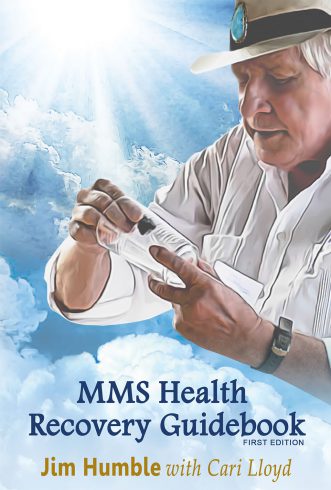- Thank you received: 0
We encourage new members to post a short introduction of themselves in this forum category. Get to know your fellow board members and their interests and skills. Please come and participate in educating people about the healing miracle that is MMS, and join the movement to make it available to the World!
 Orthography
Orthography
- tish1844
-
Topic Author
- New Member
-

Please Log in or Create an account to join the conversation.
- pam
-

- Offline
- Platinum Boarder
-

- Posts: 4593
- Thank you received: 3706
From wikipedia
Orthography generally refers to spelling; that is, the relationship between phonemes and graphemes in a language.[2][3] Sometimes spelling is considered only part of orthography, with other elements including hyphenation, capitalization, word breaks, emphasis, and punctuation.[4] Orthography thus describes or defines the set of symbols (graphemes and diacritics) used in a language, and the rules about how to write these symbols.
Most natural languages developed as oral languages, and writing systems have usually been crafted or adapted afterwards as representations of the spoken language. In an etic sense, the rules for writing systems are arbitrary, which is to say that any set of rules could be considered "correct" if the users of the language mutually agreed to convene upon that set of rules as the standard way to represent the spoken language. However, as standardization takes stronger hold, an emic epistemology of "right and wrong" develops, in which compliance with, or violations of, the standards are viewed as right, or wrong, in a way analogous to moral right and wrong, and in which each word has a written identity that is no less standardized than its oral-aural identity, which is emically unitary. The term orthography is sometimes used in a linguistic sense to refer to any method of writing a language, without judgment as to right and wrong, with a scientific understanding that orthographic standardization exists on a spectrum of strength of convention. But the original sense of the word stem, which evolved long before linguistic science, implies a dichotomy of correct and incorrect, and the word stem is still most often used to refer not just to a way of writing a language but more specifically to the thoroughly standardized (emically "correct") way of writing it.
Please Log in or Create an account to join the conversation.

